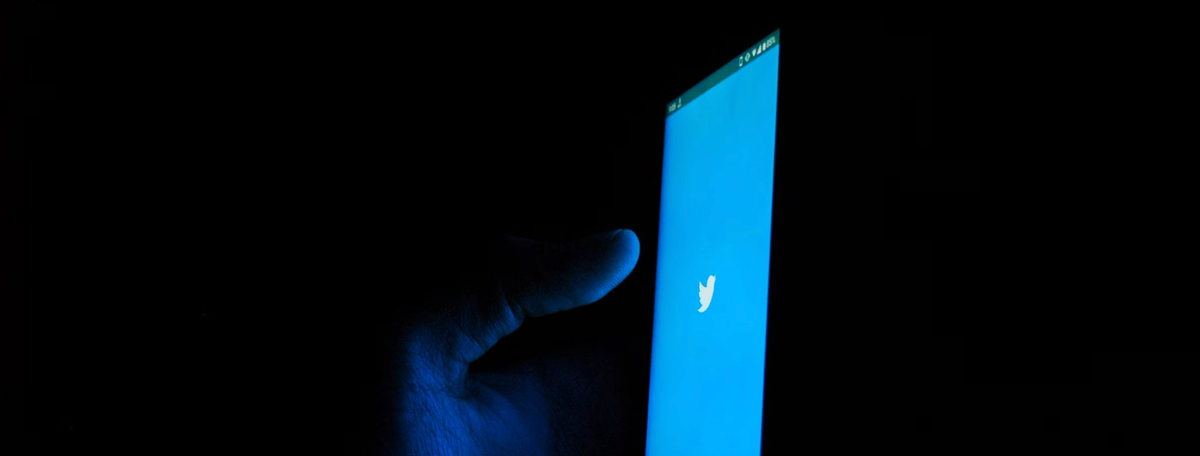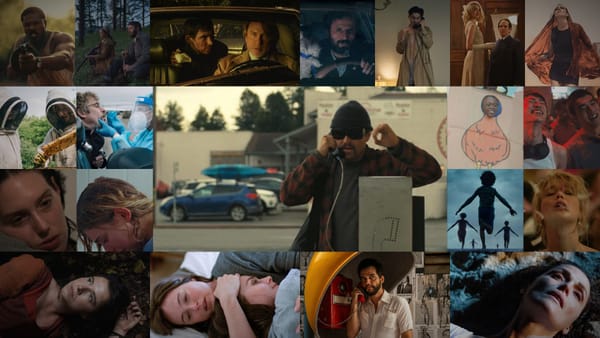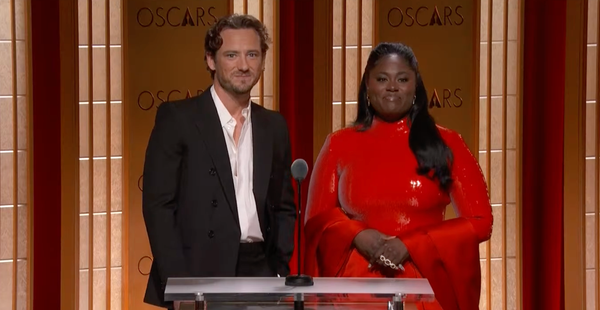How Elon Will Break Twitter
You bought it, you break it.

Welcome to the first edition of Decoding Everything by me, David Chen! This newsletter will largely consist of stuff I would’ve tweeted but instead am now emailing because I’m planning to leave Twitter in the next few weeks. With social media networks collapsing or getting acquired left and right, it’s important for me to have a way of directly connecting with folks, so thanks so much for being here.
My goal is to have a short bit of prose at the top of every issue, followed by some links that I think you should check out.
Most emails will be short. Some will be long. This one’s a long one.
Bad Times at the Elon Royale
You may or may not have heard but Elon Musk, the world’s richest man, recently purchased Twitter for $44 billion. In the time since the deal closed on Thursday, Musk has already started making some big moves, including changing the home page of the site, firing a bunch of people, and possibly charging $20 for users to maintain verification on the site.
I don’t know what the future has in store for Twitter under Musk but I don’t plan on being around to find out. This is a man who claims he is all for free speech but seems to lack of any understanding of the history of the matter. He’s fired people for disagreeing with him and used his enormous platform to spread baseless conspiracy theories. Few billionaires are particularly virtuous but I have no desire to donate my free labor to a platform that’s owned by this specific one.
[Side note: I believe there’s “no ethical consumption under capitalism.” Everything we do to move through life requires some kind of ethical trade-off and each person must decide what they’re willing to accept. I don’t judge anyone for staying on Twitter. It’s just where my personal line is on this particular matter.]
I can’t comment on Musk’s business/tech savvy in other areas of his life, but none of his public statements indicate that he appreciates the enormity of the task at hand. Running one of the most influential social media companies in the US has put Musk in multiple compromising positions at once.
Financially, he must service about $1 billion in debt per year. That’s going to be difficult given that Twitter has only been profitable for two years in its entire existence. From NYTimes:
Last year, Twitter’s interest expense was about $50 million. With the new debt taken on in the deal, that will now balloon to about $1 billion a year. Yet the company’s operations last year generated about $630 million in cash flow to meet its financial obligations.
That means that Twitter is generating less money per year than what it owes its lenders. The company also does not appear to have a lot of extra cash on hand. While it had about $6 billion in cash before Mr. Musk’s buyout, a large portion of that probably went into the cost of closing the acquisition.
That gives Mr. Musk little wiggle room, Mr. Pascarella said. “They are essentially going to take all the financial resources of the company and just pour it into servicing the debt,” he said.
Technologically, there are a multitude of ways that Twitter could fail. The drawn-out acquisition process was demoralizing for employees. As someone who has been in high-pressure corporate environments myself, I can only imagine the instability that came from a mercurial billionaire initiating a takeover, then spending the ensuing months trying to publicly back out of the deal before finally agreeing to it (right as word leaks that he’s going to fire 75% of employees). Stressful! Twitter has reportedly lost more than 700 full-time employees as a result.
Subscribe to Decoding Everything to get more posts like this one. Please.
Charlie Warzel at The Atlantic does a great job of laying out how this brain drain may have catastrophic results:
“These sites—no matter how talented the engineering organization—are often held together by a series of fragile, legacy systems, the precise functioning of which is only truly known to a few people,” Jason Goldman, a member of Twitter’s early team, a former board member, and the company’s former vice president of product, told me. “Without even factoring in nefarious intent, it is easy to imagine scenarios where big mistakes happen because of the kind of disruption Twitter is about to endure. The exact nature of the mistake is impossible to predict, but the increased likelihood of a mistake happening is a reasonable assumption. And it’s more likely to be from some small error that compounds than it is from the large decisions that often end up in the spotlight.”
Politically, Twitter is fucked. A lot of Musk’s wealth is tied up in Tesla stock and Tesla is beholden to multiple authoritarian governments around the world. What happens when those governments start asking for Musk to run the platform in a certain way? What happens when they insist that propagandistic content be allowed, unfettered?
Alex Stamos lays it out in a blistering Twitter thread:
Balancing local laws, human rights, and fiduciary responsibility is a constant challenge for tech companies. This will be much worse for Elon, who has most of his personal wealth tied up in a company that makes and sells regulated, physical products around the world. This conflict is going to be most prominent in the People’s Republic of China. Tesla makes cars and batteries in Shanghai, and recognized ~$5B in revenue last *quarter* in China. With a 1/4 of current revenue and a much larger fraction of Tesla’s future free cash flow at stake in China, what is Musk going to do with these public requests to lift labeling on state propagandists and private asks to stop looking for covert influence campaigns?
Twitter makes 90% of its money off of advertising and Elon has already started begging advertisers not to flee. But while one side of his mouth is claiming Twitter will still be a safe haven for ads, he’s also promised to make the platform more permissive when it comes to speech. Based on how that’s played out even in the past few days, it’s not exactly something that makes advertisers (or creators like myself) feel like investing in the platform.
Nilay Patel at The Verge does an amazing job summarizing the intractable problem Musk has gotten himself into:
[Y]ou can write as many polite letters to advertisers as you want, but you cannot reasonably expect to collect any meaningful advertising revenue if you do not promise those advertisers “brand safety.” That means you have to ban racism, sexism, transphobia, and all kinds of other speech that is totally legal in the United States but reveals people to be total assholes. So you can make all the promises about “free speech” you want, but the dull reality is that you still have to ban a bunch of legal speech if you want to make money. And when you start doing that, your creepy new right-wing fanboys are going to viciously turn on you, just like they turn on every other social network that realizes the same essential truth. […]
The essential truth of every social network is that the product is content moderation, and everyone hates the people who decide how content moderation works. Content moderation is what Twitter makes— it is the thing that defines the user experience…That’s the business you’re in now. The longer you fight it or pretend that you can sell something else, the more Twitter will drag you into the deepest possible muck of defending indefensible speech. And if you turn on a dime and accept that growth requires aggressive content moderation and pushing back against government speech regulations around the country and world, well, we’ll see how your fans react to that.
So, um, yeah. Seems bad.
Stray Links (stuff I recommend you check out)
Speaking of people desperate to stay in the good graces of others: Will Staley has a piece about The Try Guys and the prison of online fame.
Alex Stamos has recorded a podcast episode about the Musk takeover. Highly recommended.
The Intercept also has explains why the Musk takeover is a terrible idea.
Ed Zitron writes about how Elon’s purchase of Twitter and the recent Facebook results represent an inflection point in how we mythologize tech founders:
The Death of The Boy GeniusAfter a whirlwind day in which everybody realized that Mark Zuckerberg is full of shit, Elon Musk successfully closed his deal to acquire Twitter and fired their CEO, CFO, and police chief. This immediately galvanized the most wretched human beings alive to post racist garbage
Stuff I’ve made
- I launched a new podcast called Decoding Reality! We covered the first 7 episodes of Love Is Blind. Listen/subscribe at DecodingReality.TV!
- Over on Decoding TV, Roxana Hadadi and I covered the premiere of The White Lotus Season 2. An intriguing start to a great series.
- Also on Decoding TV, Patrick Willems and I continue to cover Andor, my favorite thing on TV right now! Here’s our recap of episode 8.
- On A Cast of Kings, Kim Renfro and I recapped the season 1 finale of House of the Dragon. House of the Dragon: great show! We’ll also be putting out a bonus episode later this week.
- On The Filmcast, we reviewed Black Adam last week. It was not great!




